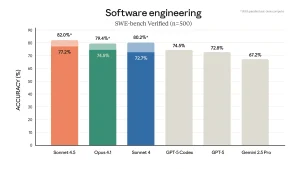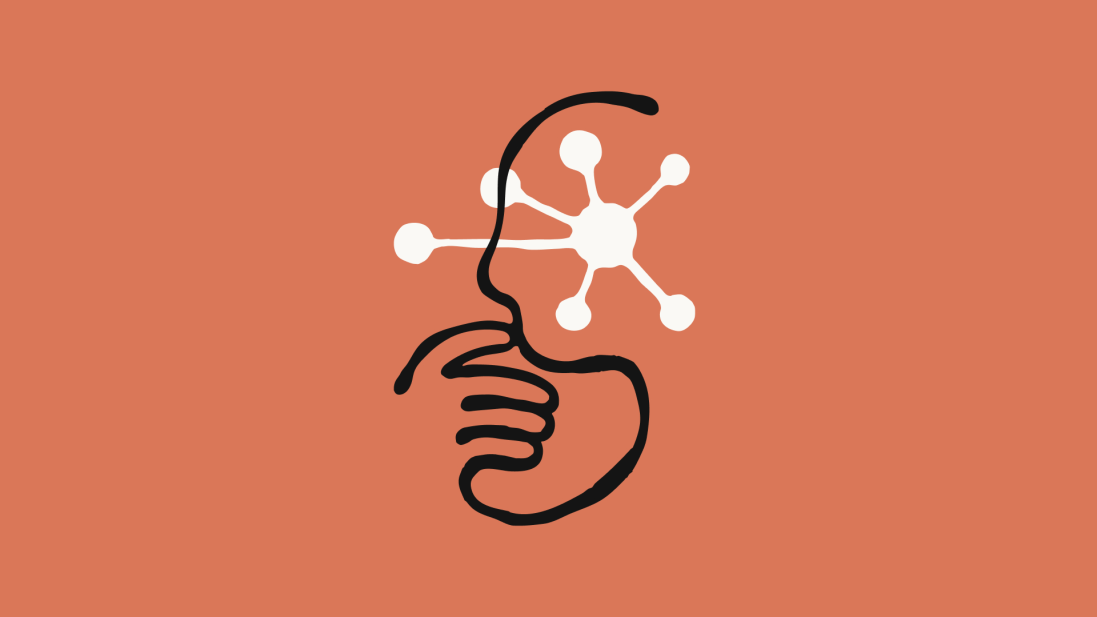On Monday, Anthropic unveiled Claude Sonnet 4.5, its latest frontier AI model, which promises a new level of performance for coding tasks. Unlike earlier iterations, this model is designed to create production-ready applications rather than just prototypes — a milestone that highlights Anthropic’s push for more reliable, enterprise-grade AI tools.
Pricing and Availability
Claude Sonnet 4.5 is accessible through both the Claude API and the Claude chatbot. Developers will notice no change in cost compared to Claude Sonnet 4: $3 per million input tokens and $15 per million output tokens. To put that into perspective, one million input tokens equals around 750,000 words — longer than the entire Lord of the Rings trilogy.
Why Developers Are Paying Attention
Over the past year, Anthropic has become a serious contender in the AI space, especially for software engineering use cases. Big names like Apple and Meta reportedly use Claude internally, while platforms such as Cursor, Windsurf, and Replit have partnered with Anthropic to enhance AI-driven coding features.
However, competition is heating up. OpenAI’s GPT-5 has recently challenged Anthropic’s position by surpassing Claude models on several coding benchmarks. In response, Anthropic claims that Sonnet 4.5 leads the industry on tests like SWE-Bench Verified, though researchers emphasize that benchmarks alone don’t fully capture the model’s abilities.

What Makes Sonnet 4.5 Different
According to Anthropic AI researcher David Hershey, the model has shown remarkable autonomy. In early enterprise trials, Claude Sonnet 4.5 reportedly worked for 30 hours straight, building complete applications, setting up database services, buying domain names, and even conducting a SOC 2 audit for security compliance.
Industry leaders are taking note:
-
Michael Truell (Cursor CEO) called Sonnet 4.5 “state-of-the-art” for long-term coding projects.
-
Jeff Wang (Windsurf CEO) described it as a “new generation of coding models.”
Anthropic also stresses improvements in safety and alignment, claiming the model has reduced issues like sycophancy, deception, and prompt injection vulnerabilities.
New Tools for Developers
Alongside the model, Anthropic announced the Claude Agent SDK, giving developers access to the same infrastructure behind Claude Code. This means teams can now build their own specialized AI agents.
Additionally, Anthropic is rolling out “Imagine with Claude”, a research preview for Max subscribers. This tool allows the AI to generate software in real time, responding dynamically to user prompts without relying on prewritten code.
The Bigger Picture
The AI industry is moving at breakneck speed, with major players releasing new models every few months. Claude Sonnet 4.5 comes less than two months after the release of Claude Opus 4.1, showing just how quickly innovation cycles are accelerating.
For developers, startups, and enterprises, this means more powerful tools at their disposal — but also a constant race to keep up with the latest breakthroughs.




